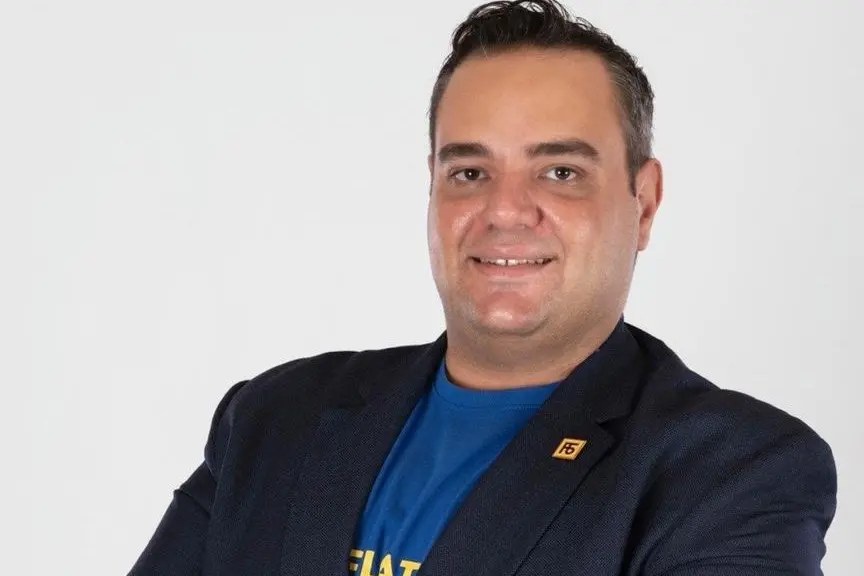PHOTO
As Flat6Labs braces for the upcoming launch of its first seed fund in Saudi Arabia, CEO Ramez El-Serafy says that the capital available to seed and early-stage startups remains scarce in the MENA region.
“The capital availability is definitely better than before. However, if you compare our markets to other emerging ones, namely the ones in Latin America and South East Asia, there is so much to be done in terms of the amount of capital available to different stages,” El-Serafy told Zawya.
Flat6Labs stands as the region’s key seed and early-stage venture capital fund, with a total of Assets Under Management (AUM) of $85 million. The fund has so far invested $25 million in 300 startups across the region, with investment ticket sizes ranging from $50,000 to $500,000.
Filling Market Gaps
Before the end of the year, Flat6Labs will announce the launch of its first seed fund in Saudi Arabia, said El-Serfay, and it is expected to fill in a major market gap.
“In Saudi Arabia, there are several funding initiatives launched by the government to invest in local and regional funds,” he said. “However, these funds are investing in VC funds that are interested in later stages of growth. They invest in Series A with bigger ticket sizes.”
With its upcoming seed fund, Flat6Labs plans to create a pipeline of early-stage startups that could eventually feed into the larger entrepreneurial ecosystem, El-Serafy said.
“When you invest in later stages of growth, that means you need a wider base of startups. “To have this base, we need more and more investors who could invest in the seed-stage,” said El-Serafy. He added that most of the funding that goes to nascent startups comes mainly from angel and individual investors rather that institutional ones.
Flat6Labs manages a total number of six funds in six different MENA countries, including Egypt, Bahrain, Jordan, Lebanon, Abu Dhabi and, more recently, Tunisia. The Cairo-headquartered VC has more than 25 institutional investors and limited partners, mostly based in the region. The International Financial Corporation and the World Bank stand as its key global partners.
The focus of VC funds on Series A and B with big ticket sizes and their aversion to seed stages might explain why investments in the MENA region have recently increased while the number of deals is decreasing, said El-Serafy.
A Magnitt report released in July said that transactions in MENA had grown by 23 precent, and investment had tripled between Q3 2020 and Q2 2021. However, number of deals closed in H1 2021 saw a 20 percent decrease YoY.Promising Markets
Looking ahead, El-Serafy says that his fund will be paying special attention to certain markets in the coming year, namely Jordan and Tunisia.
In June, Flat6Labs announced the launch of a $20-million seed fund in Jordan with contributions from the IFC, the Innovative Startups and SMEs Fund (ISSF), Beyond Capital, Bank Al-Itihad and GMS Ventures & Investments.
“We are very excited about Jordan and we think it still has more to offer, especially in terms of talent,” he said. “Jordan was always on the frontlines when it came to startups and investments […] success stories such as Souq and Maktoob emerged out of Joran.”
Flat6Labs is equally hopeful about the potential of the Tunisian market. With its Anava Seed Fund of nearly $10 million, Flat6Labs provides seed capital to 8 startups every six months in Tunisia. The ticket sizes start from $70,000 for a 10 percent equity, according to the fund’s website.
“We have launched four different programs targeting different startups at different stages in Tunisia,” he said. “Tunisia has a very strong talent and it is hugely undercapitalized. There is so much to do there.” He lists deep-tech, ICT, e-commerce, health-tech and edu-tech as promising sectors in the country.
With its seed fund, Flat6Labs seeks to channel more funds from the region’s oil-rich countries into North Africa.
“The number of investments going from GCC funds into North African countries other than Egypt is definitely quite limited. We are hoping that will change,” El-Serafy said.
Ten Years in Business
Last month, as Flat6Labs celebrated its tenth anniversary, El-Serafy took the opportunity to assess his fund’s strengths as well as imminent opportunities.
“We deployed very well the model of coupling the venture capital and programs that add values to startups through accelerators,” he said. “Not many institutions in the region do that. We call ourselves the institutional co-founder. When a startup is formed, there are two or three founders, and we are like the missing co-founder who will be joining the startup later on.”
For the next five years, Flat6Labs is also planning to get out of its comfort zone and explore new markets in sub-Saharan Africa. “We are looking into how we can expand our programs and offering in East and West Africa but can’t specify the countries yet.”
As 2021 nears its end, El-Serafy expressed hopes that governments would ease regulations so startups could ultimately operate more easily across MENA borders.
“When a startup wants to grow their business beyond the borders where their base is, this is not a very straightforward process,” he said. “We are hoping to see more regional initiatives trying to connect different markets and facilitate the growth of startups across borders in the region.”
(Writing by Noha El Hennawy; editing by Seban Scaria)
Disclaimer: This article is provided for informational purposes only. The content does not provide tax, legal or investment advice or opinion regarding the suitability, value or profitability of any particular security, portfolio or investment strategy. Read our full disclaimer policy here.
© ZAWYA 2021





















